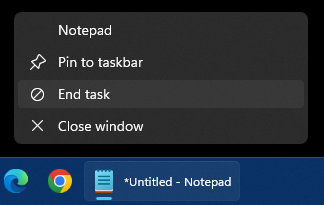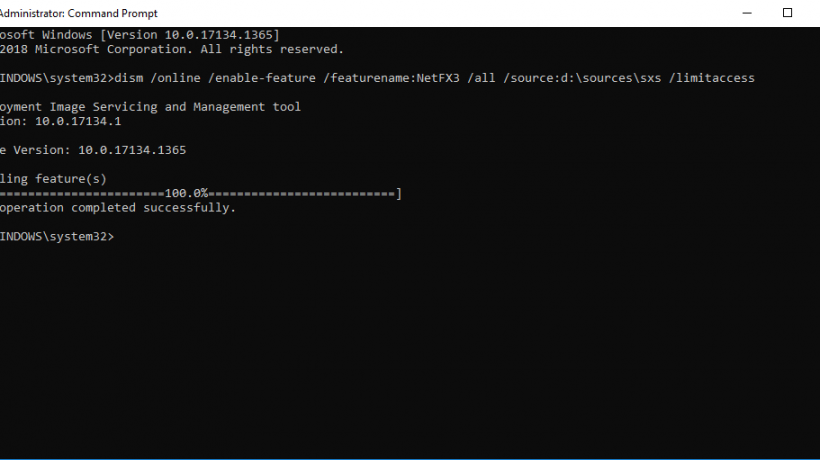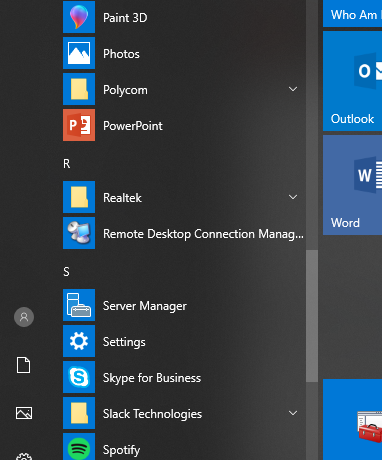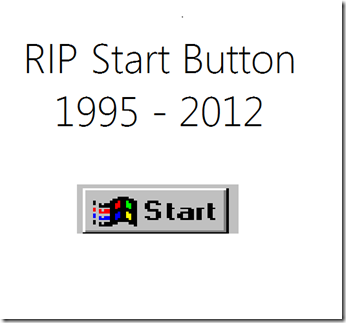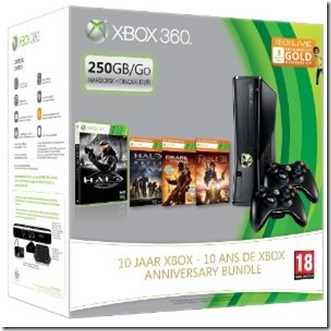It’s happened in the past, with a gamer with the last name of Gaywood, but now another man with an slang word for a last name is getting the boot. At least, he has to change his gamer tag. This is going a little too far to appease the Xbox Live moderators. Censoring someones given last name as a Gamertag because someone else finds his name “offensive”. Seriously, how many people have played on Xbox Live and heard a lot worse?
His name? Christopher Gooche. I wonder if George W. Bush plays on the Xbox Live network? Bush is sure a bad slang word. Dick Butkus probably plays a game or two of Madden every once in a while. I’m hoping Christopher can keep his given name as his GamerTag, and that Microsoft’s censors can tone it down a notch or two and maybe do a little research instead of just pointing a mighty finger and saying “NO! YOU MUST CHANGE!”. I’m thinking if they checked out his information and saw that it was his real name, they’d let it slide. At least, I would hope so.
“I mean its not the end of the world, but for the last decade its been my name… my online persona… even on [PlayStation Network],” Gooche said in an e-mail to Kotaku. “How do you change that in five minutes?”

